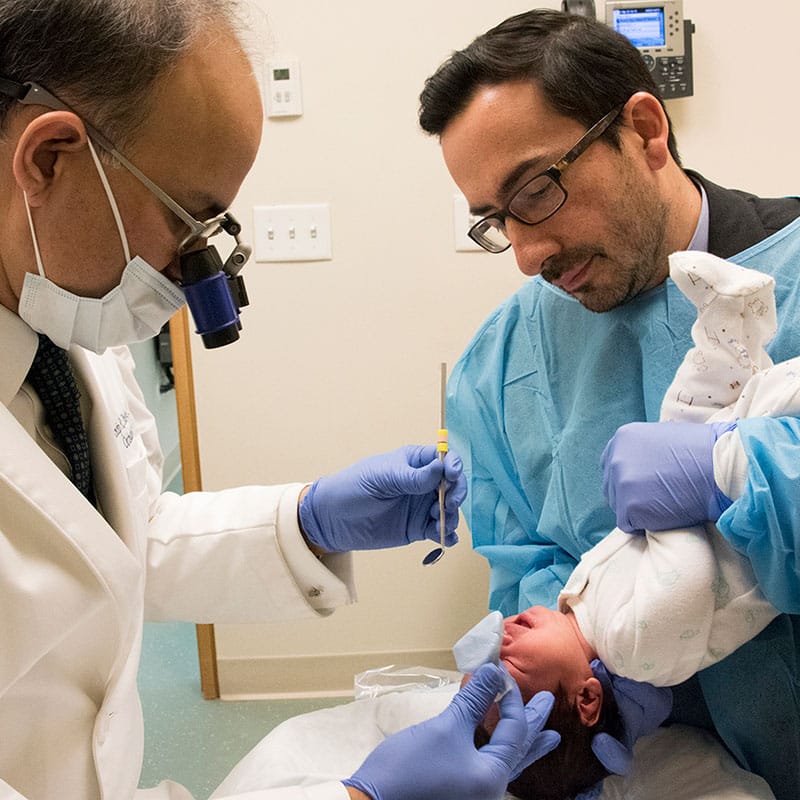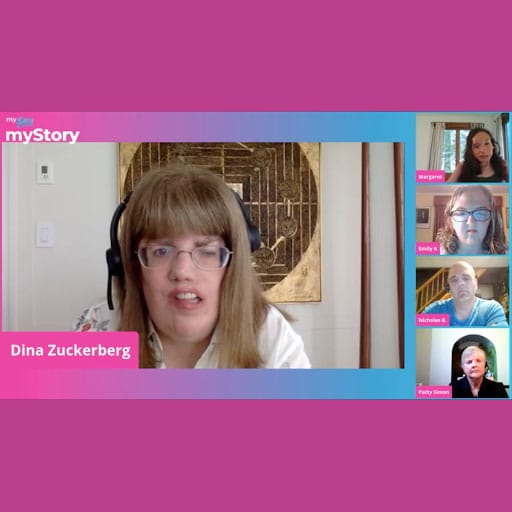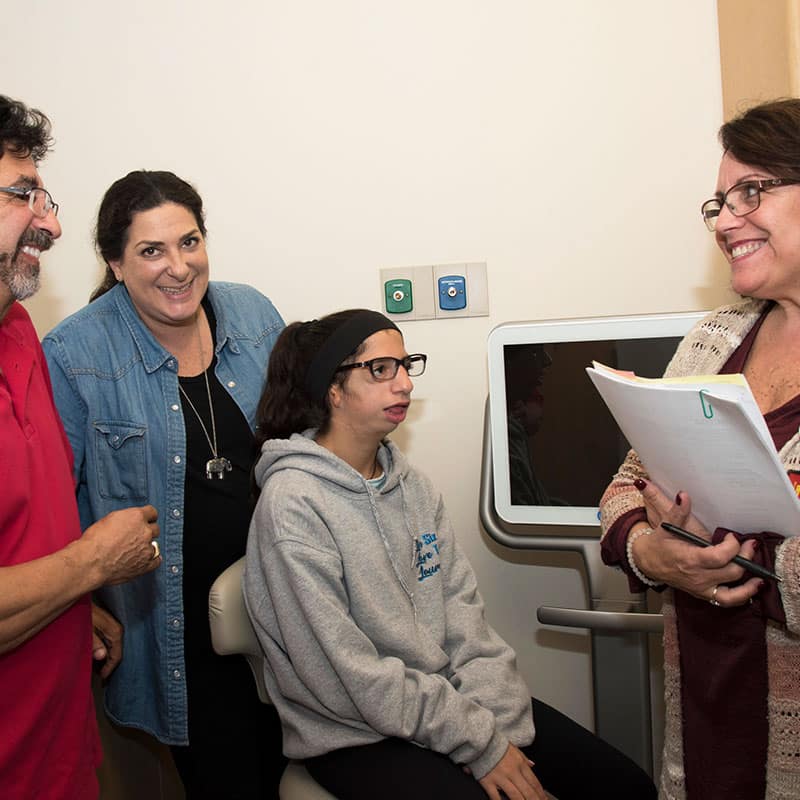On August 10, 2021, myFace presented a free educational webinar as part of our Transforming Lives series focused on helping parents create the building blocks for a successful school year, home life, and social interactions for children with craniofacial diagnoses. Below are some of the questions posed during the live Q&A to three expert pediatric psychologists.

Pictured from left to right: Dr. Marik, Dr. Johns, and Dr. Magee
Q for Dr. Patricia K. Marik, PsyD, Children’s Wisconsin: “My 5-year-old is very worried about his upcoming surgery. How can I help him prepare for it?”
A: “There are a number of things that children may find helpful when preparing for surgery: (1) Watch a cartoon about surgery, engage in medical play with dolls to rehearse the procedure, and/or do a presurgical hospital tour; (2) Be involved in the planning process by figuring out what to bring for their hospital stay (e.g., stuffed animals, toys, pajamas, movies, etc.); (3) Emotional regulation tools such as relaxation breathing may also help reduce anxiety.”
Q for Dr. Alexis Johns, PhD, ABPP, Children’s Hospital of LA: “My child was cyberbullied on social media and is now asking to be home-schooled. What do you recommend?”
A: “Although it may be tempting to protect your child from negative experiences that can happen at school through homeschooling, this can also do your child a disservice as school provides a valuable opportunity to learn coping and other “real life” skills. Working with school administrators to address cyberbullying can often be a good first step. You can also explore the many useful resources on Stopbullying.gov. It is important to give your child lots of support so they feel confident remaining in school, and to ensure that they have many positive social experiences outside of school.”
Q for Dr. Leanne Magee, PhD, Children’s Hospital of Philadelphia: “As parents, we spend a lot of time tending to the medical needs of our child with a craniofacial condition, and his unaffected sibling is becoming jealous. What can we do to prevent our other child from feeling neglected?”
A: “Children with medical needs sometimes do get more time and attention from parents than their unaffected siblings. To provide balance, it can help to make sure that each child gets their own designated, special time with parents. However, if that is not enough to restore family functioning, family counseling may be effective. Also, some hospitals offer support groups for siblings to discuss their unique issues and to connect with other siblings.”







